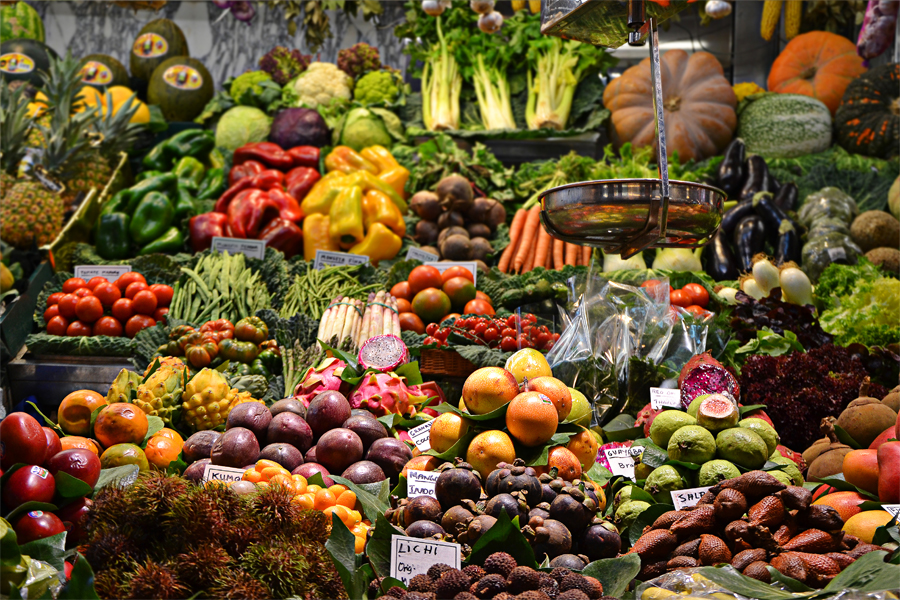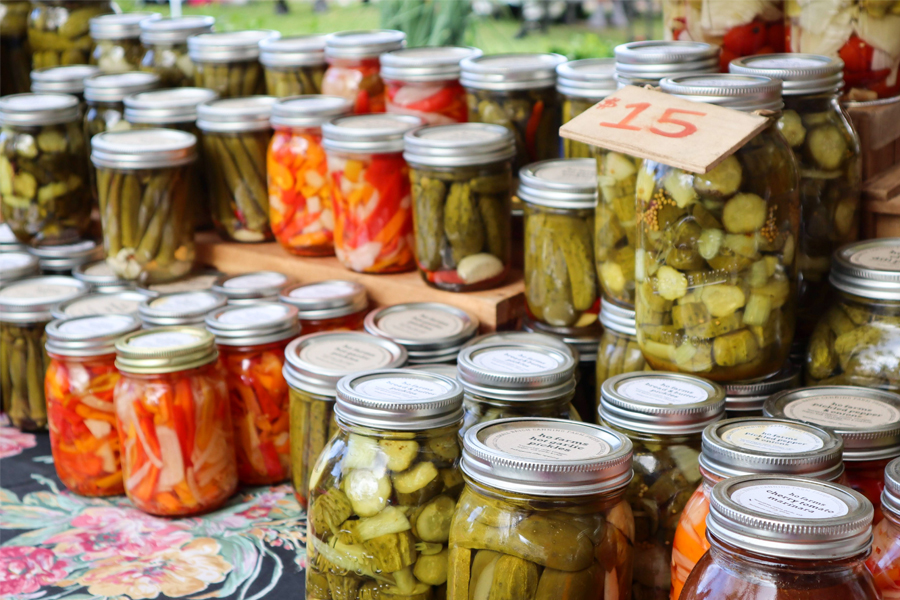For many people around the world, cooking is a delightful pleasure they enjoy with their loved ones. However, food waste is becoming more of a concern throughout the world. Getting rid of even a small fraction of this waste is a major concern. Being conscious about this is a huge step on your way to minimizing this highly present problem. Fortunately, there are a variety of ways available to help you decrease food waste, which benefits both the environment and your budget. You can reduce food waste by cooking and buying intelligently, as well as discovering new techniques to save food.
Use Leftovers
Make a list of items that store well as leftovers. Some dishes don’t keep up well as leftovers, while others are fantastic! Knowing which meals should be consumed immediately and which will make excellent leftovers can help you choose how much to prepare.
Look for dishes that produce tasty leftovers. Many websites specialize in this type of dish and offer a variety of delicious recipes. Fresh (not cooked) food, in general, does not make good leftovers. By the time you’re ready to consume it, the product will be wilted and soggy. If you can’t reuse your leftovers, freeze them in a labeled container for later enjoyment.
Zero-Waste Cooking
With zero-waste cooking, you can decrease food waste and create a more sustainable kitchen with a little preparation and practice. When it comes to cooking and eating, zero-waste cooking implies attempting to leave as little food and packaging waste as possible. The good news is that you can also try this with drinks, not only your food. You can check how to make zero waste coffee at your home and enjoy the delicious taste and wonderful feeling of knowing you did something valuable for your environment. The principle of zero-waste cooking consists of the following:
- Reduce. Unnecessary components should be used sparingly or not at all. To prevent having too many leftovers, cook fewer quantities.
- Reuse. Instead of tossing away food scraps, repurpose them. When purchasing goods in bulk, use reusable containers.
- Recycle. Food leftovers should be composted. Purchase food from food rescue groups to ensure that produced product is not thrown away.
Cooking with zero waste is part of a larger trend to live more sustainably and decrease your environmental footprint. It all boils down to doing the best you can with the means you have. Though zero-waste cooking hasn’t been linked to any specific health advantages, it does encourage the intake of whole foods, reduces exposure to dangerous substances, and improves the ecosystem.
Perishable Food
Use perishable food as soon as possible after returning from the grocery shop. Produce begins to deteriorate in a week or two, so it’s essential to use it up early to avoid wasting food.
Determine which recipes will be used with the product as soon as possible to guarantee that all of the product is utilized. The product can be used to make preserves or pickles. Freeze the vegetables until you’re ready to utilize them. Except for green vegetables, hard-boiled eggs, and creamy sauces, most meals freeze nicely.
Packing Food
One of the most frequent methods of food preservation is freezing. In general, keeping food at freezing temperatures prevents germs from multiplying and ruining it. Thus, freezing can be an efficient method of preserving nutrients. Moreover, if you aren’t already familiar with canning, learning how to do so is a fantastic method to preserve food. Canning eliminates oxygen from the food, preventing germs from growing and spoiling it. You have a variety of canning processes from which to select. Dehydrating food entails removing the water from the food and replacing it with a dried form. This is appealing since it is all-natural, convenient, and tasty. Also, pickled foods are immersed in preservative liquids to keep them from deteriorating. Pickling is a method of preserving foods that include the use of vinegar or salt water.
Another way of packing can also include asking restaurant staff to pack the remains of the food you cannot eat. Those remains mostly end up in the trash and to prevent that, you can take them with you, eat it later or even feed some lovely animals. 
Organize Your Fridge
Check and organize your refrigerator and culinary nutrition cupboard so you know what you have (and don’t buy duplicates), as well as what needs to be utilized sooner rather than later. Cleaning your fridge regularly is important since debris, leftovers, and shriveled plants can damage the freshness of new goods. We usually place the oldest items upfront after food shopping so that we may utilize them first. Get inspired on how to use the parts of your fridge; upper and lower shelves, doors, and drawers, because each one has its purpose and this purpose should be respected. In this way, you will achieve a better organization. It’s also a good idea to keep prepared goods or bulk materials in clear containers so you can see what’s inside. If you’re super-organized, you might keep track of what’s in your fridge, freezer, and cupboard to help you plan your meals and save money.
Buy Less Food
Buying less food is one of the simplest methods to reduce food waste as a customer. We are often tempted to buy more than we need. A full refrigerator may appear tempting, but if the household cannot consume all of the food, it may result in food waste. Rather than making one lengthier trip to the grocery shop each week, consumers may be able to avoid buying too much food and save waste by splitting their shopping visits.
In a world where a large percentage of the population suffers from hunger and thirst, reducing food and food waste is critical. Food is a true blessing, thus we must be aware of the advantages of conserving and utilizing it correctly. There are several successful methods for accomplishing this, the most significant of which is that it teaches us how to spend less and value all we have.

